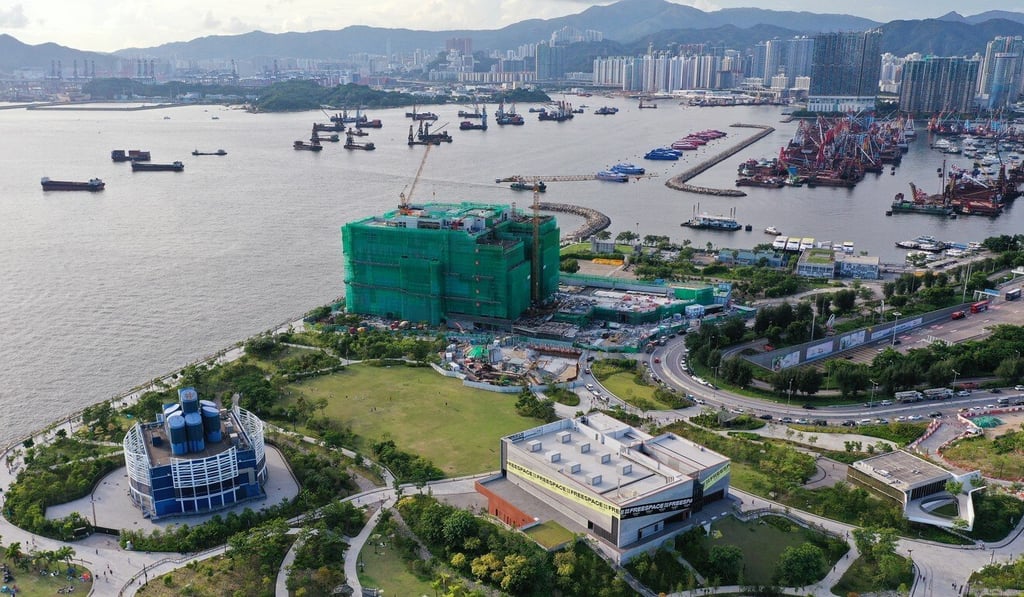Head of Hong Kong’s West Kowloon Cultural District Authority Duncan Pescod steps down
- Duncan Pescod ends six-year stint with city’s troubled multibillion-dollar arts hub
- In internal letter to staff, government veteran says he was informed he would have to leave earlier than intended

The West Kowloon Cultural District Authority (WKCDA) announced that, with mutual consent between itself and Pescod, its board had approved his tenure as CEO ending on November 28.
That Pescod would be leaving early came as a shock first to board members and senior executives, sources familiar with the situation said. The government veteran had told chairman Henry Tang Ying-yen as recently as in July he did not want to renew his contract when it expired in August next year, but he expected to serve until the end.
In an internal letter to staff and obtained by the Post, Pescod said: “Unfortunately, I have now been informed by the chairman that the government has decided that I should leave earlier than I had intended. Accordingly, I have agreed that my contract should be terminated with effect from November 29 by mutual agreement.”

His successor will be sought through a global recruitment exercise and the authority will ask for a secondment from the government as an interim head for the body running the multibillion-dollar arts hub.